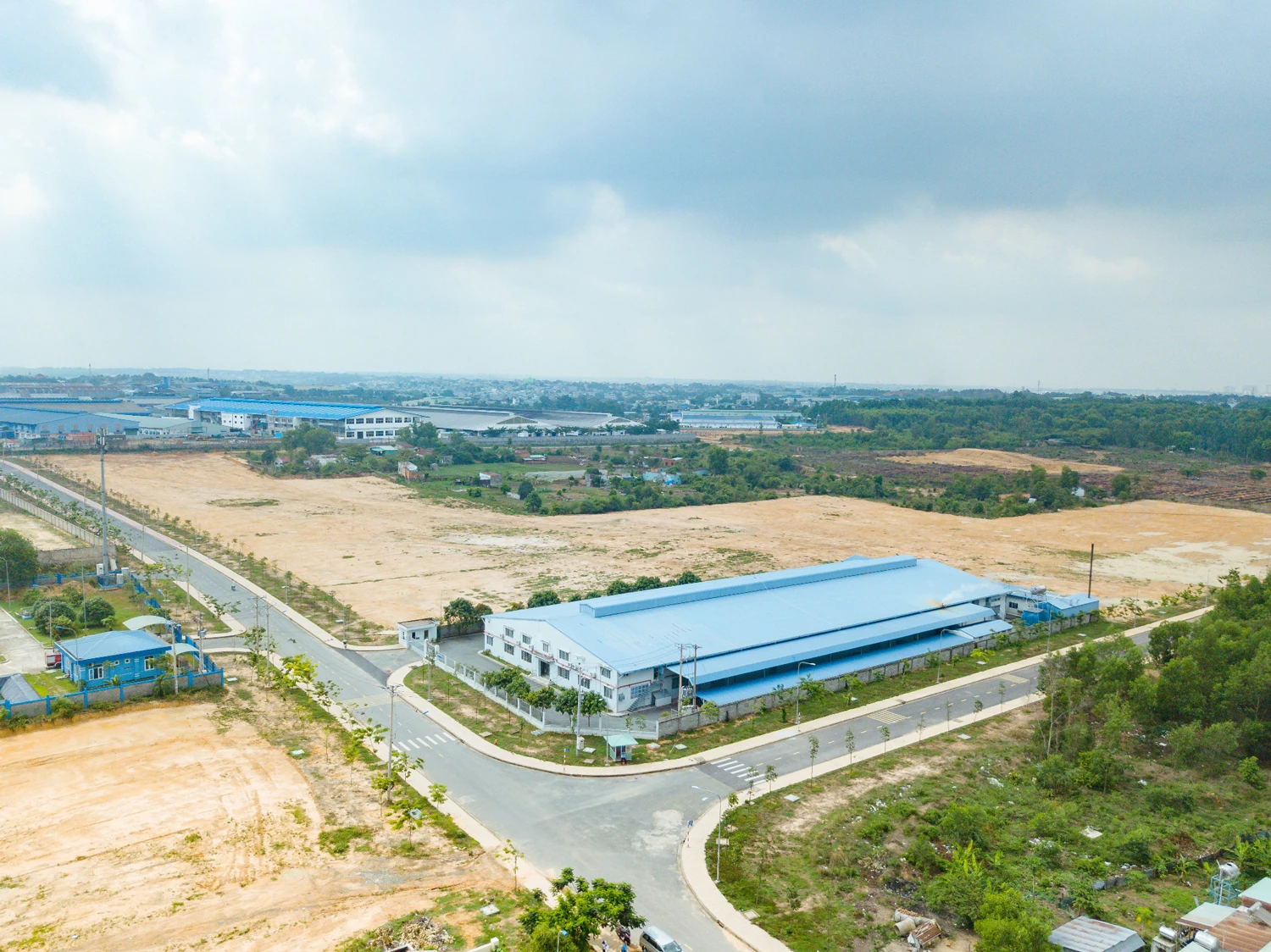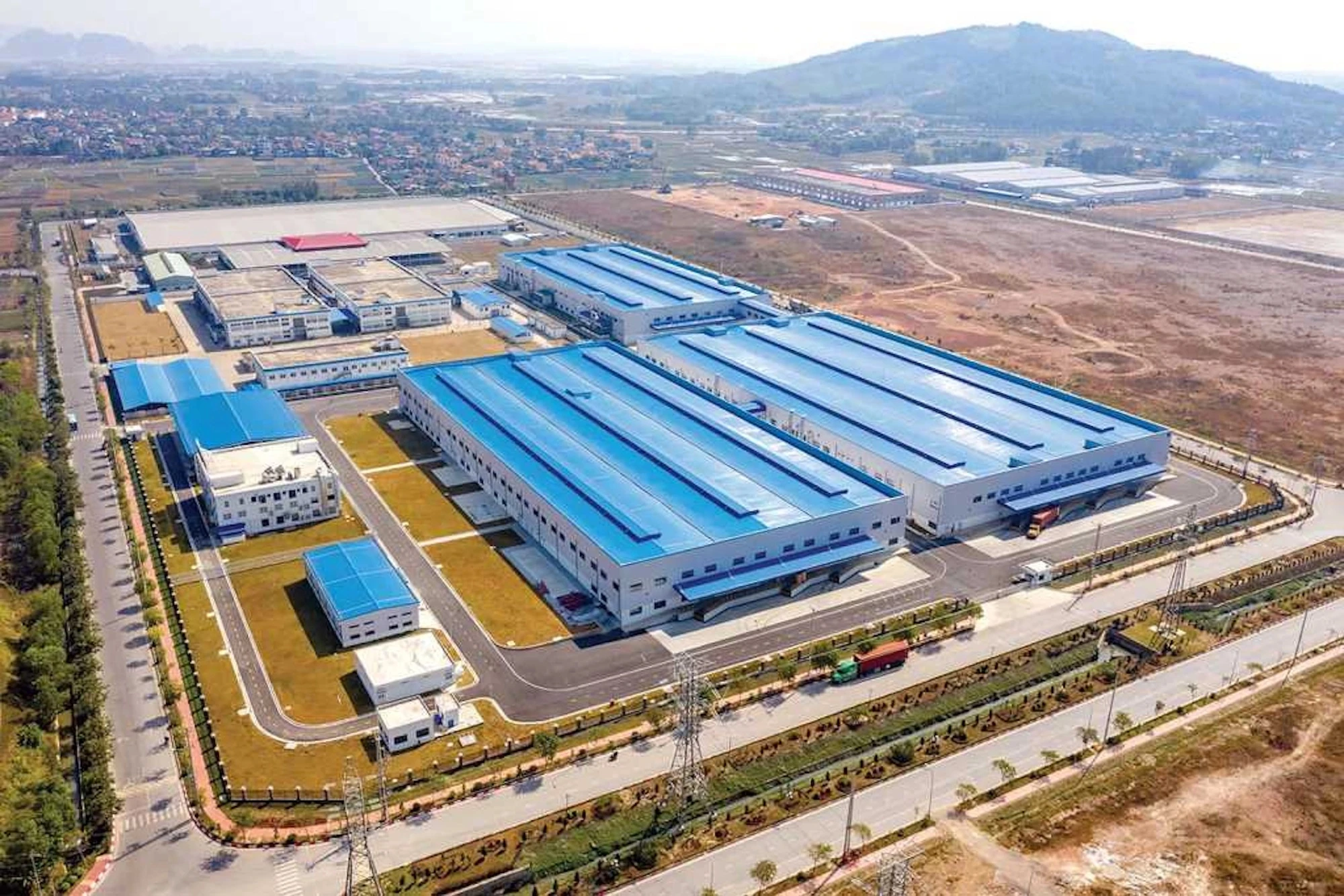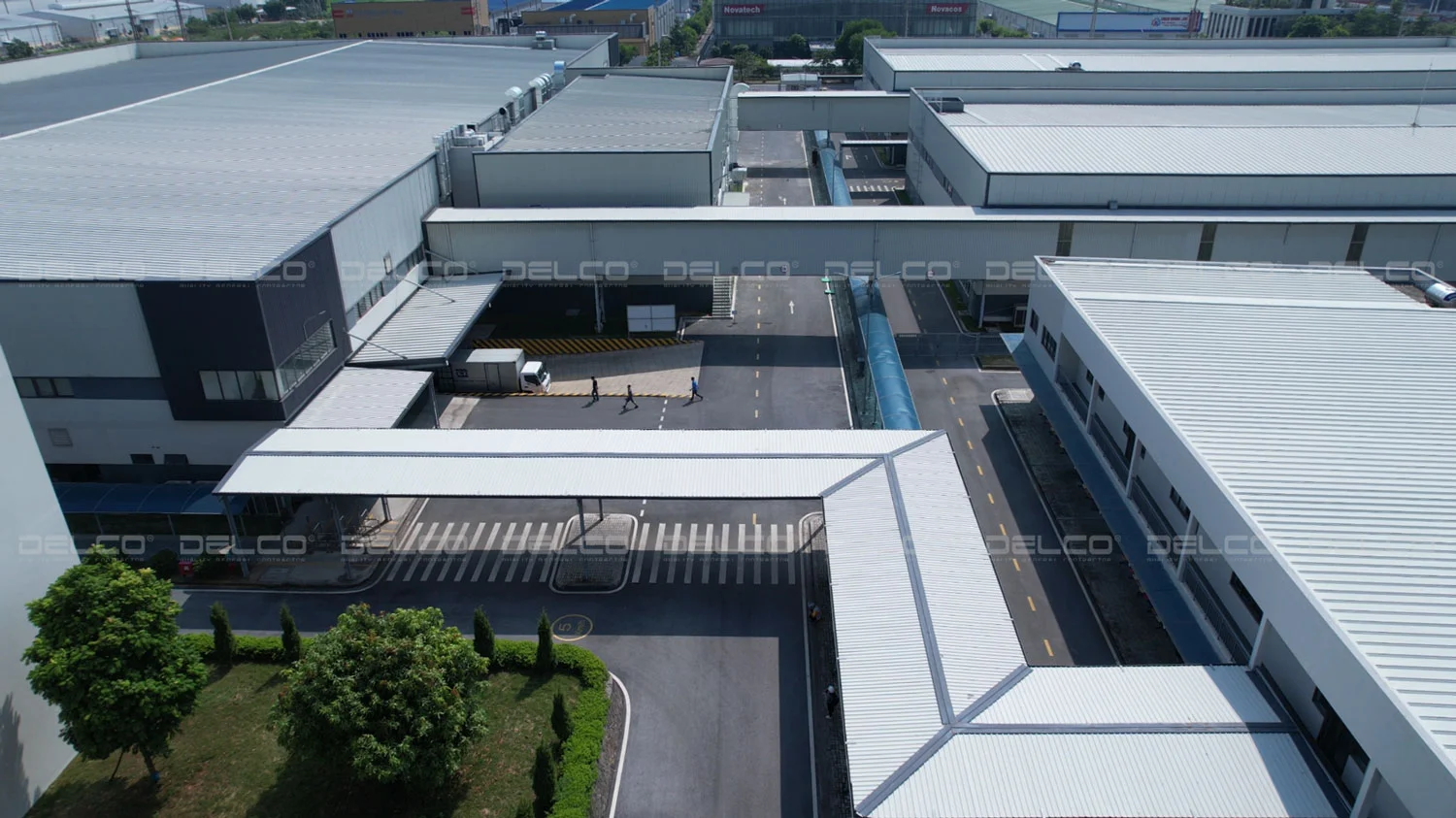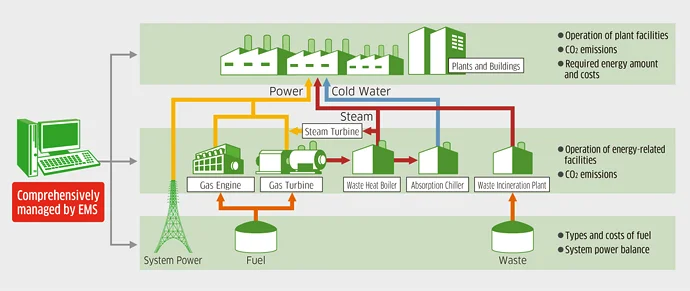According to the Land Law 2024 (effective from August 1, 2024), the government will eliminate the land price framework, allowing local authorities to set and adjust land price lists annually to align with market conditions.
Changes in Land valuation regulations, Including industrial land valuation
The Land Law 2024 marks a significant change in land valuation, including the valuation of land in industrial zones. Previously, under the Land Law 2013, land prices were adjusted every five years based on minimum and maximum rates set by the government. However, with the Land law 2024, the land price framework has been abolished. Localities will now set and adjust land prices annually to reflect market conditions. This change will lead to more accurate and transparent land prices. However, it also poses the risk of higher investment costs for businesses as land prices are likely to rise with the market. Therefore, investors should create suitable investment plans, including contingency funds, to mitigate the effects of land price fluctuations and ensure projects stay on schedule.

Procedures for Leasing and Purchasing Industrial Real Estate under the 2024 Land Law
Exemption from Land Price Determination Procedures
According to the Land Law 2024, enterprises engaged in production or business activities in priority investment sectors or areas (excluding cases of using land for commercial housing or commercial and service purposes) will be eligible for land use fee and land rental reductions or exemptions. These enterprises will not be required to go through the process of land price determination or apply for land use fee or land rental exemption procedures, simplifying administrative procedures and saving time for investors, making it easier for businesses to quickly implement their projects.
Flexible Payment Methods
Another key change in the 2024 Land Law is the introduction of flexible payment options for land rental. Enterprises can choose from various payment methods, including lump-sum payments, annual payments, or other methods as agreed upon by both parties. This flexibility helps investors manage and allocate capital more efficiently, reducing the burden of initial investment costs.

Land Recovery if Not Used Within 12 Months
The Land Law 2024 also introduces stricter regulations regarding land use duration and recovery. Specifically, if rented or purchased land is not put into use within 12 months, or if the land usage is 24 months behind the schedule committed in the project document, the land might be recovered without compensation. This requires investors to accelerate project implementation to avoid losing land use rights and incurring additional costs due to supplementary land use fees. Investors can request an extension for land use of up to 24 months. However, if the land remains unused after the extension, it will be recovered without compensation, causing significant financial loss to the investor.
Expanded Ownership and Transfer Rights for Industrial Land for FDI Investors
The new Land Law introduces significant changes to the ownership and transfer rights of industrial land for foreign direct investment (FDI) investors. Foreign-invested economic organizations can now acquire land use rights in industrial zones, industrial clusters, and high-tech parks. This is an important expansion from the Land Law 2013, which only allowed overseas Vietnamese to have these rights. Additionally, FDI enterprises are now permitted to receive land use rights as capital contributions, a provision not explicitly covered in the 2013 Law. This flexibility allows FDI businesses to use land as an asset to raise capital, increasing their capacity for collaboration and expanding production and business activities in Vietnam.

Expanded Land Dispute Resolution Authorities
The latest Land Law has made important advancements in land dispute resolution by including Vietnam’s commercial arbitration and enhancing the authority of local agencies. This addition not only diversifies dispute resolution channels but also helps expedite the process, reducing costs and time for investors. Furthermore, empowering local agencies to handle disputes will ease the burden on provincial authorities and courts, speeding up the resolution process, ensuring uninterrupted investment activities, and creating a stable, transparent legal environment for FDI businesses.
See more: Cost-effective strategies for upgrading and renovating factory
See more: Comprehensive Quotation of Factory Design and Build in Vietnam updated 2024






